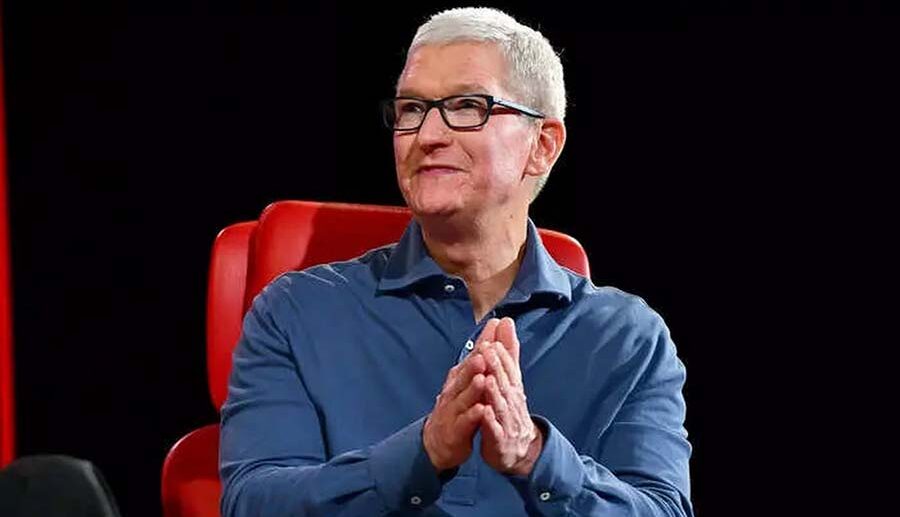Criticisms of Apple’s Alleged Monopoly Practices

Introduction
The Department of Justice (DOJ) has recently filed a comprehensive lawsuit against Apple, accusing the company of engaging in anti-competitive practices to maintain a monopoly in the smartphone market. Apple has denied these allegations, asserting that such claims threaten its business model and innovation. Below are the key arguments presented by the DOJ and other critics regarding Apple’s control over the iPhone ecosystem.
The App Store and Super Apps
One of the primary criticisms is Apple’s management of its App Store. The DOJ argues that Apple uses its digital storefront to exclude apps not specifically designed for iPhones by imposing stringent rules and conditions. These rules are seen as arbitrary and anti-competitive, penalizing developers who leverage technologies that could disrupt Apple’s dominance. Although the European Union’s Digital Markets Act has forced Apple to allow third-party stores on its operating system, the DOJ contends that Apple’s practices still stifle competition, particularly against super apps that offer multiple services, ensuring users remain within the Apple ecosystem.
Cloud Streaming Game Apps
Cloud streaming games, which allow users to stream video games from the cloud rather than on consoles, are another point of contention. The DOJ asserts that these apps could enhance smartphone competition by enabling high-compute tasks on smartphones. However, Apple is accused of suppressing these games to keep users dependent on its expensive hardware.
Creating a ‘Loyal’ Consumer Base
Apple’s strong consumer loyalty is both an asset and a subject of criticism. Research shows high loyalty rates among iPhone users compared to competitors like Samsung and Huawei. Critics argue that this loyalty isn’t solely due to product quality but also to the restrictive ecosystem Apple has created. The high costs associated with switching to other operating systems and losing access to Apple-exclusive content, such as apps and music, are seen as barriers that keep users locked into the Apple ecosystem.
Messaging Apps
The lawsuit also highlights Apple’s handling of messaging apps. The DOJ claims that Apple intentionally degrades the performance of third-party messaging apps on iPhones, making them less attractive compared to Apple’s own messaging service. This practice allegedly diminishes the quality, privacy, and security for users who do not own iPhones, discouraging them from switching to other devices.
Smartwatches
Apple’s approach to smartwatches is another area under scrutiny. The company has designed its Apple Watches to work exclusively with iPhones and has not developed versions compatible with Android devices. This exclusivity limits options for consumers and impacts other smartwatch manufacturers’ ability to innovate and compete effectively. The DOJ argues that this practice restricts consumers’ access to high-performing smartwatches with preferred features and better batteries.
Digital Wallets
Apple’s control over digital wallets is also criticized. The lawsuit claims that Apple blocks other developers from creating digital wallets with the same “tap-to-pay” functionality as Apple Pay. Furthermore, Apple charges banks a 0.15% fee on transactions made through Apple Pay, maintaining strict control over how users make payments with their iPhones. This monopoly over digital wallet functionality, according to the DOJ, deprives users of the benefits and innovations that could come from third-party wallets.
Conclusion
The DOJ’s lawsuit against Apple underscores numerous practices that critics claim contribute to the company’s monopoly in the smartphone market. From the management of the App Store to the exclusivity of its smartwatches and digital wallets, these practices are seen as efforts to maintain control and limit competition. As the legal battle unfolds, the implications for Apple’s business practices and the broader tech industry remain to be seen.













